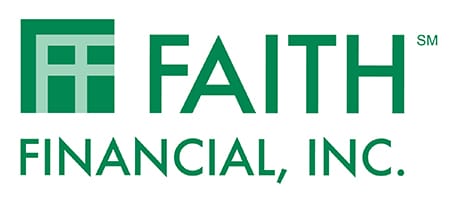Once you have determined that you need life insurance, and calculated how much coverage you require, you will have to choose between several types of life insurance policies. There are two very different types of life insurance contracts — term and permanent.
Term Insurance Overview
Term life insurance is often referred to as “pure insurance” because it involves only the payment of a premium in exchange for a promise to pay a death benefit in the event of your death while the contract is still in force.
Term life insurance provides protection for a specified maximum period of time and is usually renewable at the end of each period at progressively higher premiums. As you get older, your risk of dying increases, so the cost of term insurance goes up. Term insurance carries no cash value element, making it less expensive than permanent alternatives.
Annual Renewable Term
Annually renewable term (sometimes called Yearly renewable term, YRT, ART) is an example of a term insurance policy which has a constant face value and premiums that are adjusted upwards each year to reflect the increasing probability of your death in any given year.
Decreasing Term Insurance
Decreasing term insurance refers to a type of annual renewable term life insurance policy with a decreasing death benefit (face amount) and level premiums. Decreasing term is ideal for insuring a liability that is gradually being paid off, like a home mortgage.
Five, 10, 15, 20 and 30 Year Level Term
If you prefer, you may select a “level term” policy which guarantees you a level premium for a number of years (usually 5, 10, 15, 20 or 30) and a level death benefit for the same period.
The longer the guaranteed term, the greater the initial premium, but the longer the premium stays fixed. In most cases, if you know you will need your term insurance for a long period of time, a level term policy will prove less costly than an annual renewable term policy.
Permanent Insurance Overview
As the name implies, permanent (cash value) insurance is best suited for the individual with a long term (often indefinite) need. A permanent policy is really a combination of “pure insurance” and a cash value component. Premiums are considerably higher than term rates in the beginning years, and may include an increasing death benefit, a “cash value” associated with the policy, and tax-advantaged borrowing privileges against your cash value.
Material discussed is meant for general illustration and/or informational purposes only and it is not to be construed as tax, legal, or investment advice. Although the information has been gathered from sources believed to be reliable, please note that individual situations can vary therefore, the information should be relied upon when coordinated with individual professional advice.
© Copyright 2015 AgentQuote.com




















